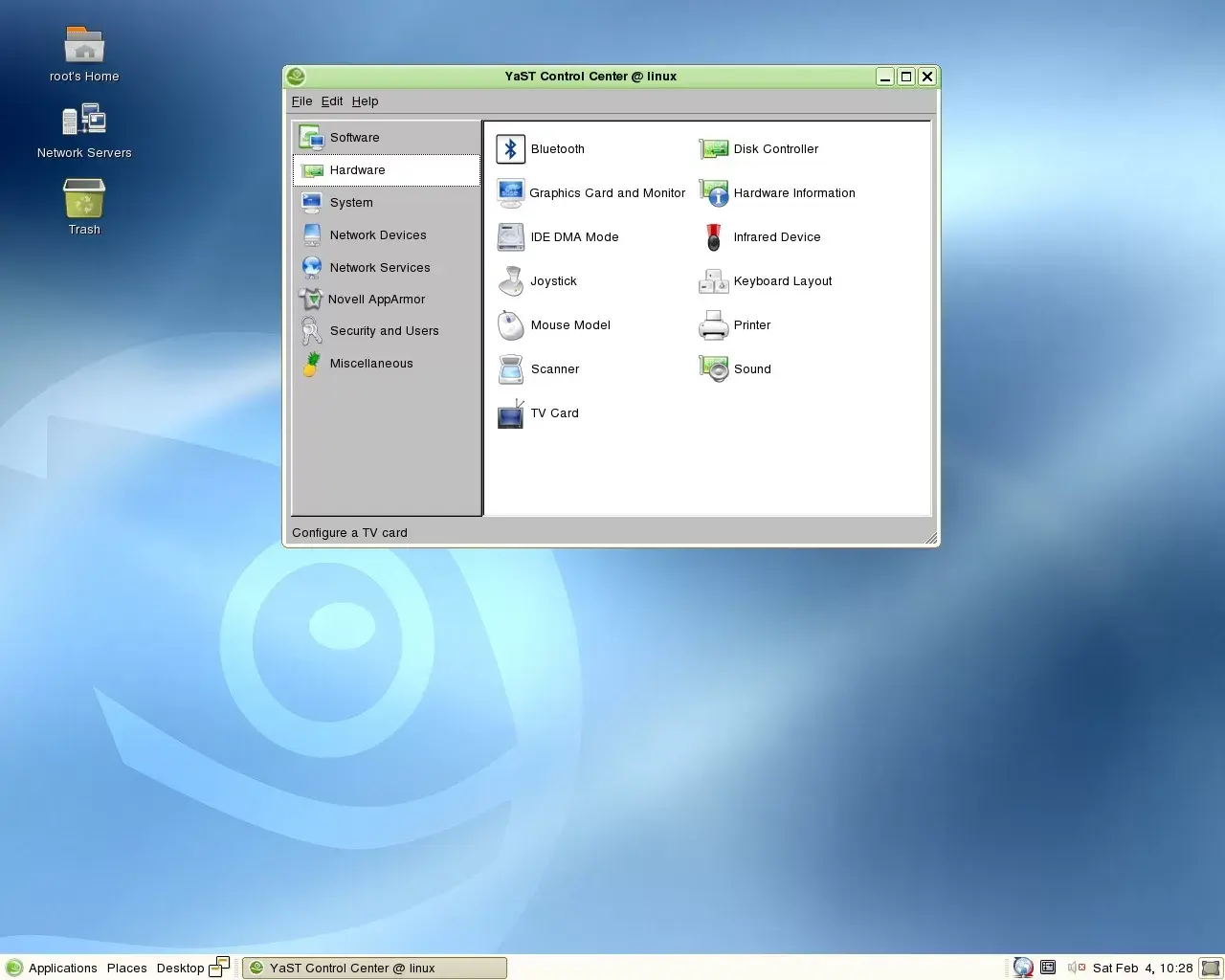- cross-posted to:
- linux@discuss.tchncs.de
- cross-posted to:
- linux@discuss.tchncs.de
Marcel LUX III SARL (Marcel) as the largest shareholder in SUSE is planning to take the company private and delist it from the Frankfurt Stock Exchange. SUSE will be merged with an unlisted Luxembourg entity. Marcel currently owns a 79% stake in SUSE.



Canonical
Looking pretty good right now among the corporate distro makers. 🥲
Yeah, sure… https://lwn.net/Articles/937369/
Do you consider this comparable to the harm IBM (RedHat) is causing?
Compared to all the shit Canonical is pulling since such a long time, what IBM/RH is doing is child’s play:
This is exactly why I have never touched Ubuntu and avoid anything to do with Canonical as much as possible.
That’s interesting. I’m aware of all of these occasions and more but my take on the whole is the opposite. 😃
So illegally claiming copyright on GPL’ed binaries is good? OK, that’s certainly one odd opinion to have…
Gross, gross, grrooossssss!
I mean, Canonical is also privately held and not publicly listed. And it looks like this is the same private equity firm that owned SUSE fully before taking them public. (Marcel LUX III SARL is a holding company owned by EQT Private Equity.)
For sure. The difference is in who the owner is and what their track record in regards to FOSS is. Putting the 19 years of BDFL’s Canonical ownership together, I think he’s generally been okay. The core products have always been open source and free for both commercial and non-commercial use. I don’t know much about the private equity firm currently holding SUSE.
I guess that’s a positive, but we really don’t know what direction they’d take once the curtains close. Chances are profit maximization will be at the top of the list. It’s unknown how that will translate in reality in the short and long term. E.g. would they be nice and give stuff for free early to steal customers from RHEL, tightening down the road, or cutting costs today to make a buck now. It’s anyone’s guess.
| the core products have been open source
They have been pushing more of the distribution into their proprietary app store format despite what the community says about it
At least Fedora and Flatpak does better…